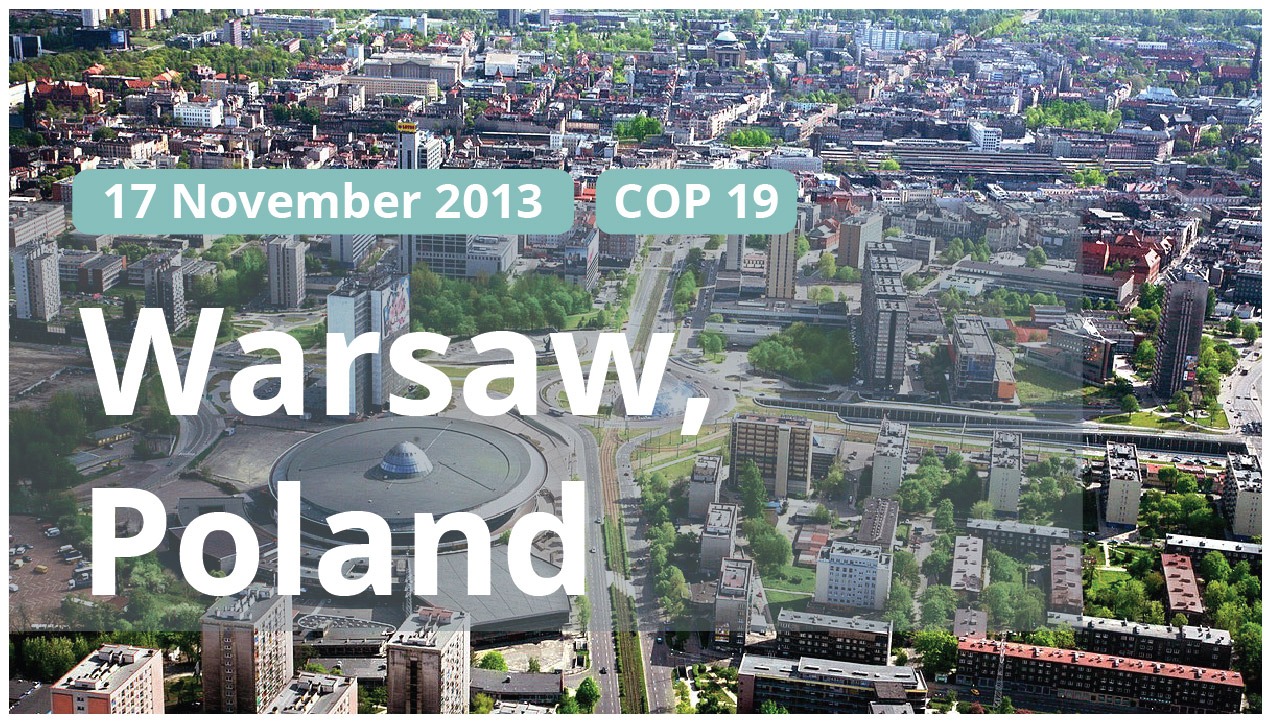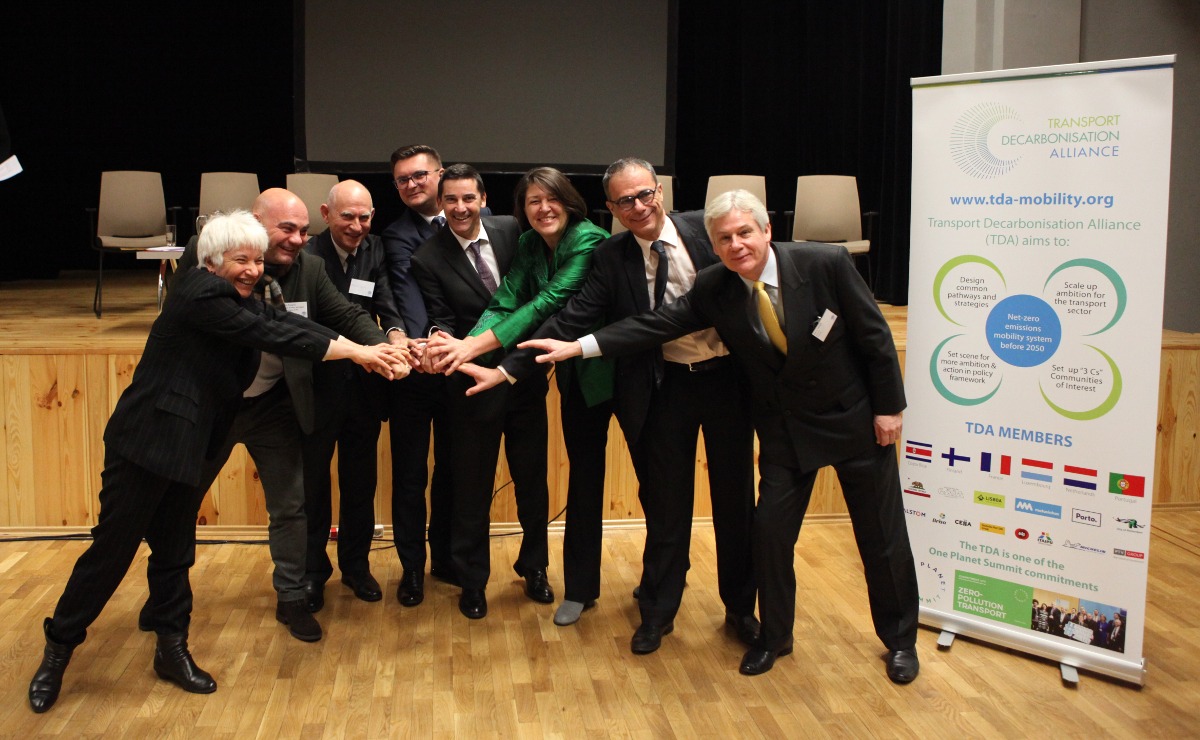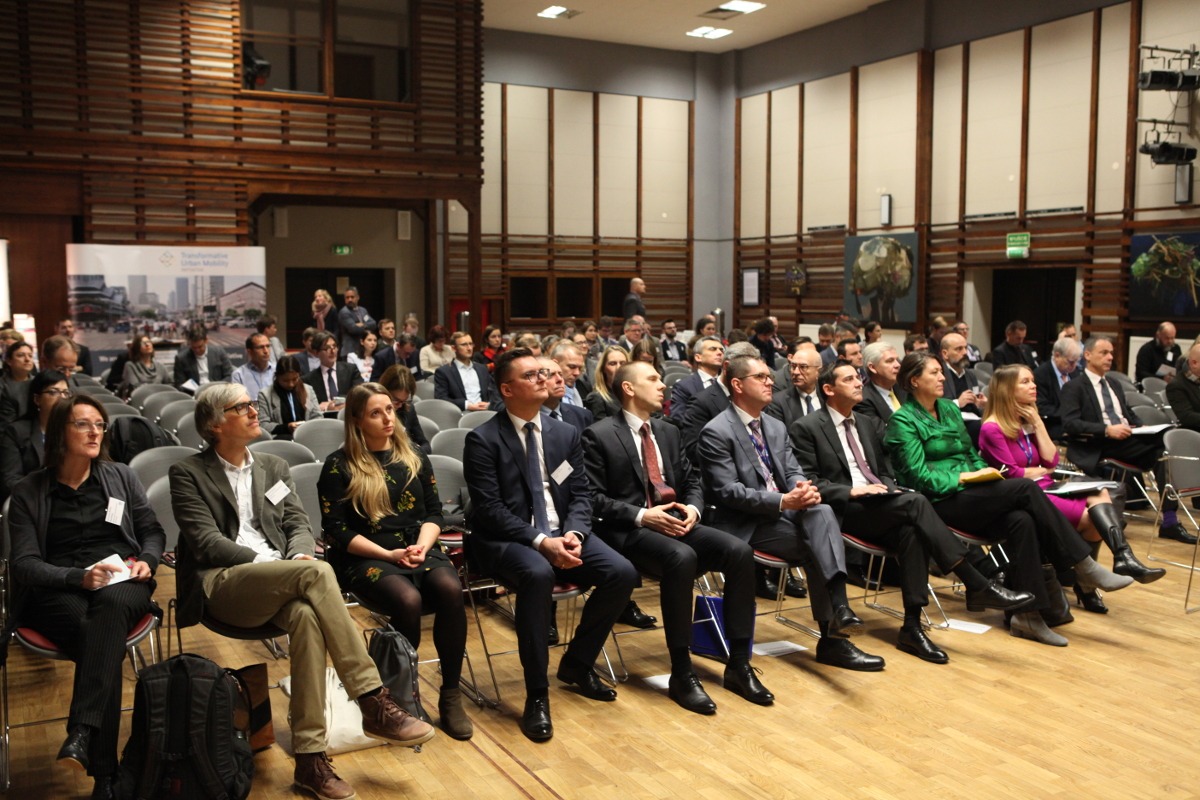Transport Day 2018
 Transport is responsible for a quarter of all energy-related greenhouse gas emissions. At least half of all air pollution in cities and a third of transport-related CO2 emissions originate from urban passenger transport.
Transport is responsible for a quarter of all energy-related greenhouse gas emissions. At least half of all air pollution in cities and a third of transport-related CO2 emissions originate from urban passenger transport.
The global transport community recognises the urgent need to address these challenges, and on Thursday 6 December convened the 7th annual Transport Day to showcase existing solutions and future ambitions, particularly around urban transport and new initiatives of national and sub-national governments to decarbonise mobility.
Organised by the European Commission’s CIVITAS Initiative and the Partnership on Sustainable, Low Carbon Transport (SLoCaT) on behalf of the Paris Process on Mobility and Climate (PPMC), the 7th annual Transport Day was hosted by the City of Katowice.
Transport Day 2018 focused on urban mobility solutions, and recognised the urgent need to raise ambitions in all areas of transport. Over 200 people were welcomed by the Mayor of Katowice, Marcin Krupa, who introduced the city’s activities for moving towards a more efficient and people-centred transport system.
Violeta Bulc, European Commissioner for Transport emphasised the importance of transport decarbonisation and climate action for our lives and livelihoods. Commissioner Bulc introduced the European Commission’s “long-term vision for a prosperous, modern, competitive and climate neutral economy” by 2050.
José Mendes, First Secretary of State for Mobility, Portugal, discussed the importance of bringing together countries, cities and regions, and companies to achieve this goal. He is also Chair of the Transport Decarbonisation Alliance (TDA).
José Mendes commented that: “Demand for mobility will not decrease. Emissions will double if we do nothing. Transport is a problem today, but in the future it will be part of the solution. There are enough solutions to achieve carbon neutrality for transport; there is also political momentum, and national leaders are starting to recognise the importance of non-state actors. This is why we created the TDA, a coalition of the willing.”
This year’s Transport Day demonstrated the strong role cities have to play in reducing greenhouse gas emissions and improving air quality by implementing measures in the transport sector. It showcased best practice examples from around the globe, with presentations from various European cities involved in the European Commission-funded CIVITAS Initiative.
Breakout sessions highlighted the importance of city- and sub-national-level actions; adaptation strategies and social, policy, and financing innovations that can galvanise them; and the importance of these innovations to support mitigatory action, such as the expansion of electromobility and walking and cycling. Another common sentiment was that the technology and solutions needed already exist, and must be used together in a comprehensive, integrated, and cross-sectoral approach.
The Transport Day 2018 concluded with a closing plenary moderated by Maruxa Cardama, Secretary-General of SLoCaT, with Andrea Meza, Director of the Climate Change Directorate, Ministry of Environment and Energy of Costa Rica, Dominic Patella, Senior Transport Specialist, World Bank, and Armin Wagner, Senior Advisor, Sustainable Mobility, Section “Energy and Transport”, GIZ.
They pointed to the urgent need for transport to boldly and directly engage with adaptive and mitigatory efforts, and the need for the transport community to be embedded in the climate discussions of the UNFCCC, particularly in concert with the energy sector.
In addition to being essential for meeting emissions goals, urban mobility action offers substantial benefits by improving air quality, congestion, quality of life, traffic safety, public health and social cohesion.
The day of intense discussion and exchange emphasised to all present how national governments can support cities through framing activities for successful sustainable urban mobility action. These include national legislation to foster sustainable urban mobility, common planning tools, and funding for cities to implement necessary initiatives.
Ultimately, Transport Day 2018 should lead to the increased integration of urban mobility-related actions into the Nationally Determined Contributions (NDCs) being developed by States in 2019 and submitted to the UNFCCC in 2020.
Currently, only 8% of NDCs have quantified emissions reduction targets relating to transport. This must change now if transport’s immense potential to help tackle climate change is to be realised – that process started at Transport Day 2018.
Organisers
This Transport Day was jointly organised by the European Commission’s CIVITAS Initiative, SLoCaT on behalf of the PPMC, and was hosted and supported by the City of Katowice.


